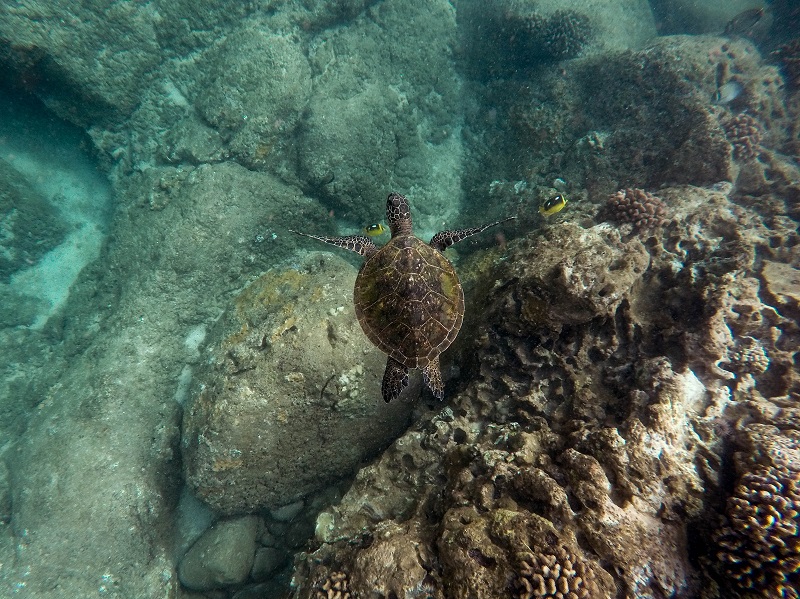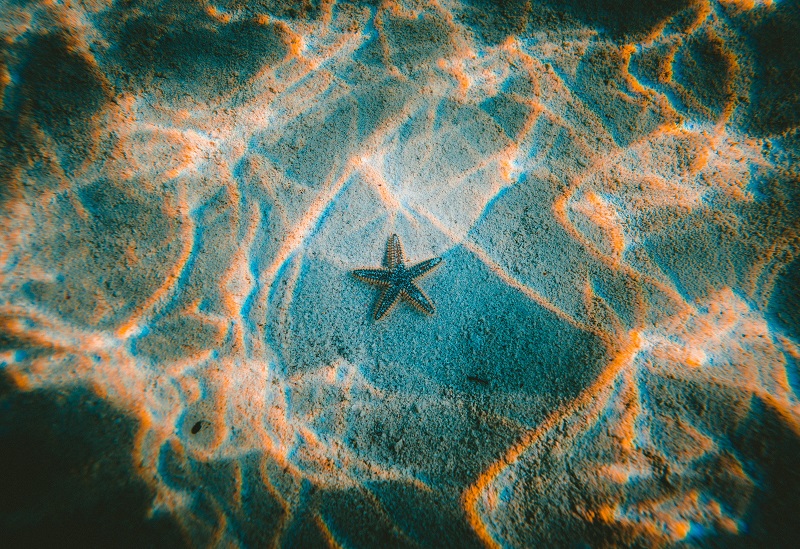As Earth struggles to keep the havoc brought by climate change and pollution at bay, we learn that the oceans may have it worse.
Researchers are now raising awareness about the ocean surface climates’ current situation by releasing a worrying report and other key data. Do you know what it takes to change the future?
Here is what you need to know.
Sea Life in Danger: is the Future Bleak?
Ocean surface climates support the vast majority of sea life. The previous data reveal that the Earth’s seas have now absorbed approximately a third of all carbon pollution produced since the Industrial Revolution.
Due to the atmospheric CO2 levels rising at such a high rate, there are fears that the ocean surface climates might become inhospitable to the species it hosts.
New research, however, reveals some shocking findings and predictions.
Research insights
A team of researchers wanted to determine what impact carbon pollution has already had on ocean surfaces since the mid-18th century. Predictions were also made, and the results are quite unbelievable.
Up to 95 % of our planet’s ocean surface will be affected by the end of the century unless we cut the carbon emissions.
“A climate in which the temperature and chemistry of the water is common today will be rare or absent in the future,” explains Katie Lotterhos, the lead study author.

Predictions
Researchers modeled global ocean climates across the early 19th century, the late 20th century, and the late 21st century. Next, they applied the models through 2 emissions scenarios:
- The first emission scenario (RCP4.5): a rise in greenhouse gas emissions by 2050, followed by a slight decrease across the rest of the 21st century;
- The second emission scenario (RCP8.5): a somehow ‘business as usual strategy’, where the greenhouse gas emissions continue to increase throughout the next 8 decades.
Under the RCP4.5 scenario, 36 % of the ocean surfaces present throughout the 20th century might disappear by 2100. Researchers also discussed some scenarios where up to 82 % of ocean surface may experience odd climates, never seen in recent history.


























Leave a Reply